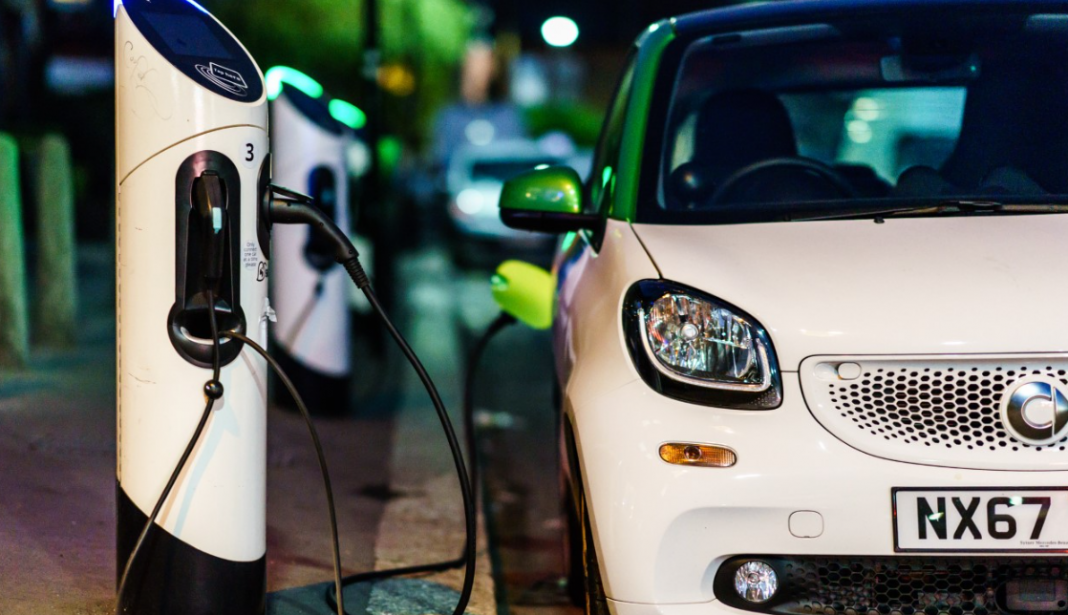Most UK small businesses want to switch to electric vehicles but are held back by rising vehicle costs and electricity bills, new data from NatWest shows.
Despite the research revealing that 81% of SMEs want to transition to green transport, the current economic conditions are delaying plans rather than causing them to be abandoned entirely. Of those looking to take their first steps into greener transport, only 40% plan to start within the next 2 years, highlighting the need for greater support to allow businesses to fulfil their climate ambitions sooner.
SMEs are reporting that the price of electricity is a barrier for more than a quarter (28%), whilst vehicle costs are deterring a further third (32%). However, the business case for adopting electric vehicles appears to be the main motivator for SMEs looking to electrify their fleet (44%), however emissions reductions (40%) and sustainability concerns (36%) are also found to be key drivers in the move to greener transport.
Recognising the barriers preventing SMEs from taking action to improve their sustainability, NatWest Group, through Lombard, has launched Green Asset Finance which gives businesses a way to finance assets that help to make their businesses more sustainable, such as electric vehicles. Since July 2021, Lombard has provided £1.3billion in climate and sustainable funding, to businesses transitioning to electric vehicles, hybrid vehicles, and other renewable assets, including those in the Agricultural sector.
Commenting on the findings, Ian Isaac, Managing Director at Lombard, NatWest Group, said: “It’s clear to see there is appetite among UK small businesses to transition to electric vehicles in order to both lower fuel costs, and make a significant contribution towards the nation’s climate targets.
“However, the current economic climate and immediate cashflow concerns means that many SMEs feel they need to put plans on hold. We’d encourage any business looking to take that first step in their own sustainability journey to research the support measures available.
“The first step on this journey is the hardest and it’s a big decision for businesses. But our research shows the intention to transition is there, and the sooner businesses take that first step, the sooner they will be able to see the benefits. At NatWest and Lombard, we can help them make sense of their business case even against the backdrop of increasing energy costs.”
The bank is also working in partnership with energy tech company Octopus Energy to offer businesses EV charge points at discounted rates, and last year partnered with EV8 Technologies to launch the EV8 Switch app, which uses real world data to help drivers understand if switching to an EV makes economic sense for them.
If it does, the bank can then offer funding to SMEs to allow them to spread the cost of transition to EV, through options such as contract hire. This allows businesses to have certainty around vehicle operating costs over a fixed period, as well as the option to regularly refresh their vehicles and adapt their fleet to meet changing business needs and guard against the risk of technology obsolescence.
NatWest has recently begun offering Green Loans and Green Asset Finance to SMEs from £25,000, ensuring that more businesses can access funding to help transition to more sustainable practices such as electric vehicles, in turn reducing costs in the long term, all whilst supporting UK net zero targets.
NatWest has also created a new Carbon Planner, a free to use digital platform designed to help UK businesses manage their fuel and operational costs and reduce their carbon footprint to help them go and grow greener. This includes providing a cost of transport overview that businesses can then use to build a business case for investing in their transition to net zero. Since launch around two-thirds of businesses that have used the NatWest Carbon Planner have produced a carbon reduction action plan for their business.
The bank has recently also launched one of the UK’s biggest EV car parks at its Scotland headquarters at Gogarburn in Edinburgh, investing in 264 chargers for colleagues and visitors to charge their electric vehicle. The launch forms part of the bank’s aim to halve its own operations emissions by 2025.



